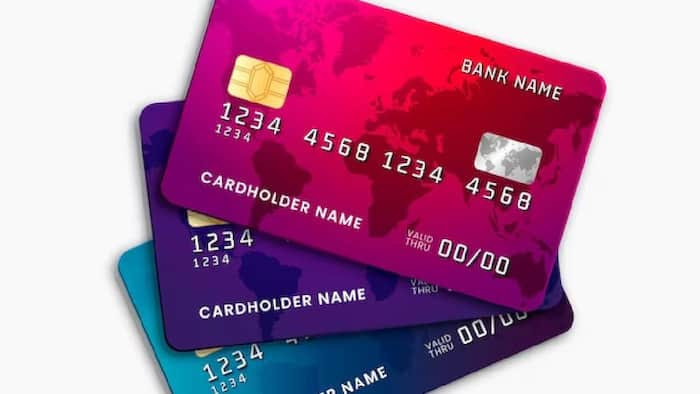
Written By Om Gupta
Published By: Om Gupta | Published: Oct 09, 2023, 10:13 AM (IST)

Reserve Bank of India (RBI) has recently proposed a new facility to generate card tokens. As per the RBI’s new proposal, customers will soon be able to generate card tokens on their bank’s website/app. Presently, when a customer wants to store his/her card data on any e-commerce website/app while shopping online, they have to generate new card tokens on each merchant’s website/app. This leads to duplication of the tokenization process and increased transaction security risk. The new facility is aimed at eliminating data security concerns, which customers face while generating card tokens on e-commerce websites/apps and will allow customers to manage better their card tokens.
The card-on-file tokenization proposal came from RBI Governor Shatikanta Das on October 6. He cited the growing acceptance and benefits of tokenization of card data while making the proposal. Once implemented, the new facility will allow users to create tokens and link them to their accounts with various e-commerce applications. Since the process of tokenization will now be happening only at the issuer banks’ portals and apps, it will reduce the risk of third-party portals gaining access to your sensitive information in case of a data breach.
For the unaware, RBI introduced Card-on-File Tokenisation (CoFT) in September 2021 and its implementation started on October 1, 2022. Until now, more than 56 crore tokens have been created for transactions valuing over Rs 5 lakh crore. Tokenization improves transaction security and approval rates.
A card token replaces a debit or credit card number with a unique token that is specific to that particular card and for a merchant at a time. It basically masks the true details of customers’ cards and prevents the misuse of the card details in the case of a data leak from the merchant website.
The tokens can be used for online transactions, point-of-sale transactions, or in-app transactions and they keep changing, making them a secure way to transact.